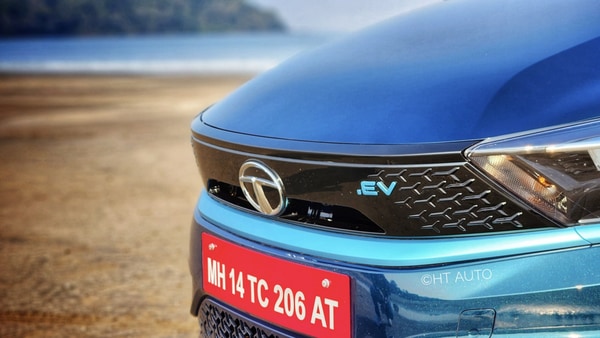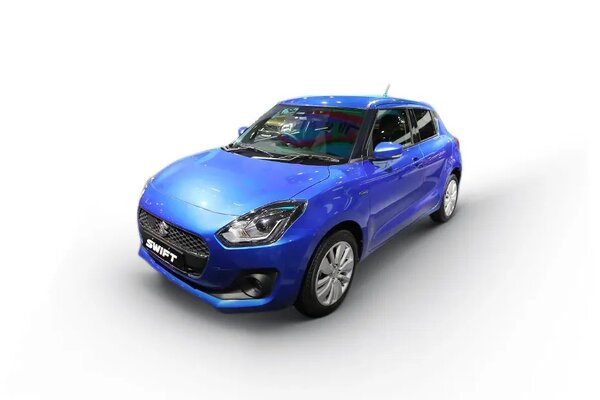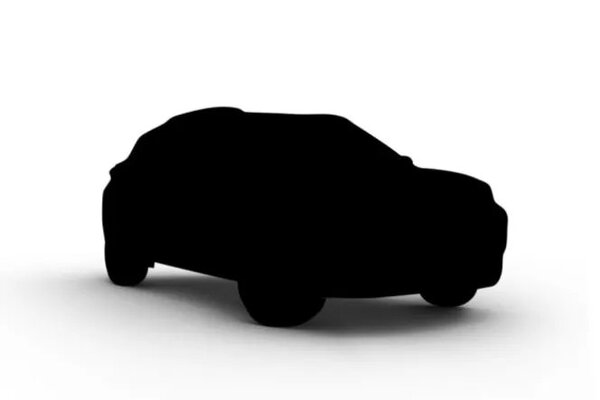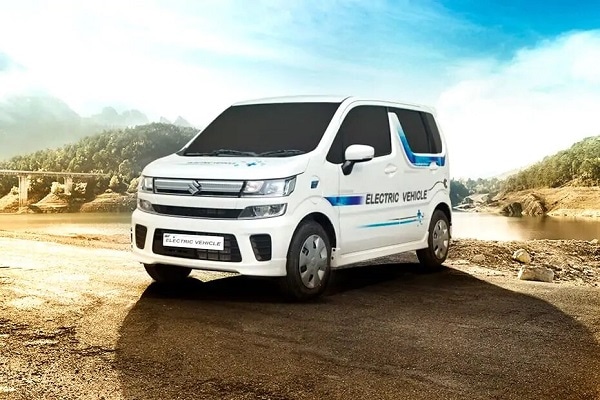Tata Motors questions hybrid cars' environmental impact, advocates for EVs


In a recent statement, Tata Motors' Group CFO, PB Balaji, raised concerns about the growing trend towards hybrid vehicles, suggesting that their adoption is primarily driven by tax incentives rather than a genuine commitment to reducing emissions.
During a media call following the company's financial results, Balaji remarked that hybrid vehicles are often used as a means to benefit from tax breaks rather than as a serious effort to achieve zero-carbon emissions. He emphasised that while electric vehicles offer a zero-emission solution, they are not without their challenges.
Also check these Cars
Balaji argued that, from a policy perspective, hybrids should not be the primary focus of government incentives, as they are seen as a temporary solution. He referenced a recent report indicating that many hybrid vehicle owners predominantly use petrol, which diminishes the potential environmental benefits of the technology.
Watch: 2023 Tata Nexon EV facelift first drive review: Best-seller gets even better?
These comments come amidst reports that the Indian government is considering tax cuts for hybrid vehicles to encourage their adoption. Minister of Road Transport and Highways Nitin Gadkari has reportedly urged the finance minister to reduce the goods and service tax (GST) on hybrids to 12 per cent. Currently, India levies a 28 per cent GST on vehicles with internal combustion engines, including hybrids, and a five per cent GST on electric vehicles. However, with the inclusion of cess, the tax on hybrid vehicles exceeds 43 per cent, depending on the model.
Also Read : Early enthusiastic EV adoption phase possibly over, says Tata Motors CFO
Maruti Suzuki, India's largest passenger car manufacturer, has been advocating for a reduction in GST on hybrid cars for some time. With the majority of India's power generation coming from coal, Maruti Suzuki believes hybrid technology is a cleaner alternative to electric vehicles in terms of overall emissions. They argue that hybrids will be relevant in the short to medium term to reduce the country's transportation emissions.
While the market for hybrid vehicles in India is still relatively small, sales have been increasing steadily. In 2023, the industry saw the share of hybrid vehicles rise to around two per cent from 1.7 per cent. In addition to Maruti Suzuki, automakers like Toyota and Honda also offer hybrid models, indicating a growing interest in this technology among consumers.








 1197 cc
1197 cc Petrol
Petrol

 50 kWh
50 kWh 300 Km
300 Km













